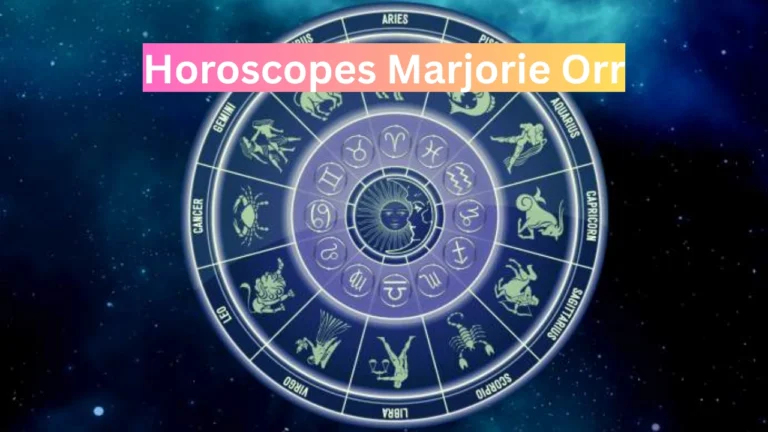David Tennant Macbeth: A Groundbreaking Modern Revival
David Tennant Macbeth refers to the 2023–2024 stage production of William Shakespeare’s Macbeth, starring Scottish actor David Tennant in the title role. This highly anticipated version was a modern, immersive interpretation of the classic tragedy and quickly gained attention for its bold direction and compelling performances.
A Modern Interpretation of a Timeless Tale
In this rendition of David Tennant Macbeth director Max Webster introduced innovative elements that breathed new life into the centuries-old play. One of the most notable features was the use of headphones for the audience, delivering a unique sound design that enhanced the theatrical experience. This approach allowed for a more intimate connection between the performers and the audience, drawing them deeper into the psychological complexities of the characters.
David Tennant’s Compelling Performance

David Tennant’s Macbeth embodiment of Macbeth was both intense and nuanced. His interpretation highlighted the internal struggle of the character, portraying Macbeth’s descent into madness with a haunting realism. Tennant’s performance was lauded for its depth and authenticity, showcasing his versatility and commitment to the role.
Innovative Sound Design Enhances the Experience
One of the most distinctive features of this production was its use of binaural sound, crafted by award-winning sound designer Gareth Fry. Audience members were given special headphones to wear throughout the performance. Through this technology, they could hear a 3D soundscape, including the screeches of birds, the echo of distant footsteps, and the disembodied voices of the three witches. The “David Tennant Macbeth” made listeners feel like they were inside the characters’ heads.
Inside the Magic: David Tennant Macbeth Fast Facts Table
| Aspect | Details |
|---|---|
| Actor in Lead Role | David Tennant |
| Character Played | Macbeth |
| Production Year | 2023 (Donmar Warehouse), 2024 (Harold Pinter Theatre) |
| Director | Max Webster |
| Lady Macbeth | Cush Jumbo |
| Production Style | Modern interpretation using headphones for immersive sound design |
| Stage Locations | Donmar Warehouse (2023), Harold Pinter Theatre (2024) |
| Unique Features | Intimate audio delivery; psychological focus on Macbeth’s descent |
| Notable Incidents | Audience disruption at Harold Pinter Theatre during a performance |
| Critical Response | Widely praised for innovation, performances, and modern staging |
Notable Cast and Collaborative Efforts
Alongside Tennant, Cush Jumbo delivered a powerful performance as Lady Macbeth, bringing a fresh perspective to the character’s ambition and eventual unraveling. The chemistry between Tennant and Jumbo added a dynamic layer to the production, emphasizing the complex relationship at the heart of the play.
Olivier Award Nominations and West End Transfer
After a successful run at the Donmar Warehouse, the production’s popularity and critical success led to a transfer to the Harold Pinter Theatre in the West End in October 2024. The David Tennant Macbeth received three nominations for the prestigious Laurence Olivier Awards, including Best Revival. These nominations recognized the production’s creative ambition, its innovative use of technology, and the strength of its performances.
Audience Engagement and Challenges
While the production was widely praised, it also faced challenges reflective of broader issues in contemporary theatre. During a performance at the Harold Pinter Theatre, an audience member’s disruption led to a temporary pause in the show. This incident highlighted concerns about declining audience etiquette in post-pandemic theatre settings. Despite such challenges, the resilience of the cast and crew ensured the continuation of the performance, maintaining the integrity of the production.
Critical Acclaim and Legacy
The David Tennant Macbeth production received critical acclaim for its innovative direction, compelling performances, and immersive experience. It stands as a testament to the enduring relevance of Shakespeare’s work and the ability of contemporary theatre to reinterpret classic texts in meaningful ways.
Conclusion
The David Tennant Macbeth serves as a shining example of modern theatre’s potential to revitalize classic literature. Through inventive staging, powerful performances, and a commitment to authenticity, this production has left a lasting impression on audiences and critics alike. As theatre continues to evolve, such interpretations remind us of the timeless nature of storytelling and the endless possibilities for its reinvention.







